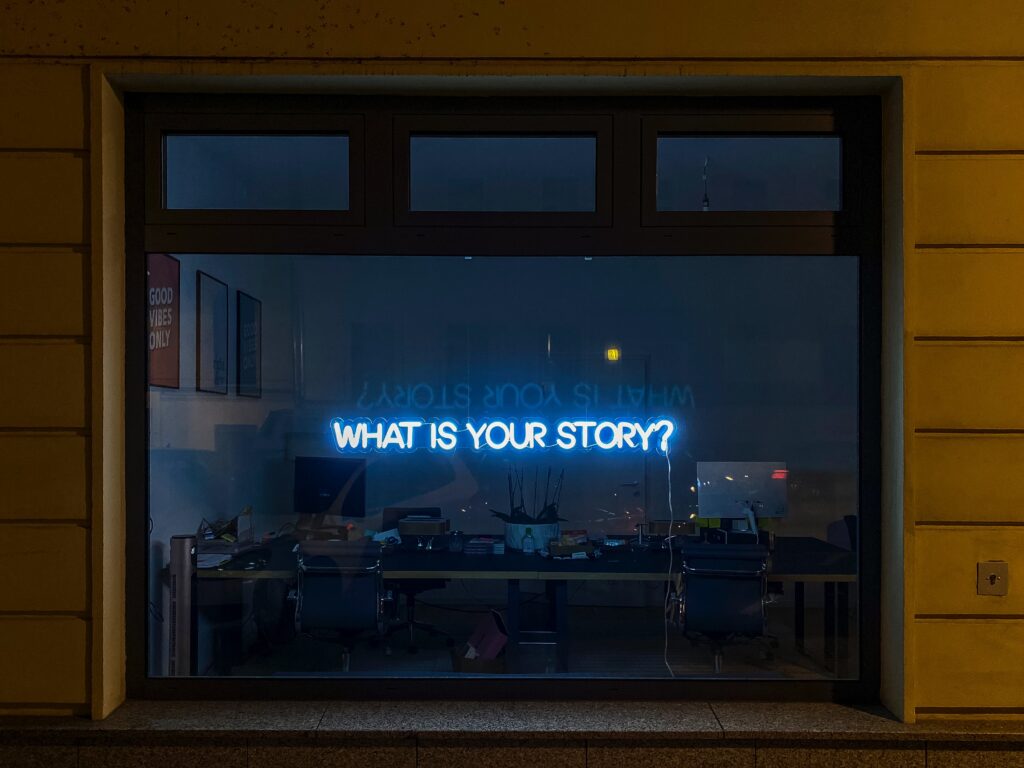| If you write personal essays, you’ve probably wrestled with whether the territory you’re covering is too personal, or equally confounding, whether it will upset friends, family, or even strangers on the Internet.
Admittedly, I worry about how people will react to my stories, well, constantly—and for good reason. An acquaintance blasted me for writing about my sex life after birthing twins. I received hate mail when I decided to publish a story about moving my kids to private school during the pandemic. And the comments section of The Washington Post blew up when I admitted to allowing my boys to lob insults at each other.
Yet, I know that censoring myself on the page not only produces a subpar essay, but/and it may also stand in the way of the cathartic release I’m seeking. The solution, at least for me: Write under pen name.
What is a Pen Name?
A pen name is a fake name that you attach to your work when you want or need to remain anonymous. It’s an opportunity to change your identity, but not the details of your story. And for many writers, using a pen name acts as a doorway to share stories that are deeply personal, shameful, or revealing.
So it’s probably no surprise that I encourage students to “act as if,” to craft their essays, even ones they think are innocuous, as if they’re writing under a pen name. That way, the words they craft will flow uncensored—even if they ultimately decide to publish under their real name.
Asking for a Pen Name
Publications including The New York Times, The Atlantic, and The Washington Post don’t allow pen names. Others, like AARP’s The Girlfriend and Good Housekeeping do occasionally run stories under a pseudonym. Your job, of course, is to do your research before you pitch.
Then, if you decide to target a pub that allows pen names, make the ask when you pitch the story—not after you land the assignment, or worse, during the editing process. If an editor learns you’re unwilling to use your own byline at the 11th hour, they may kill your story.
Choosing a Pen Name
There’s no real formula for selecting a pen name. It’s not like you pair your favorite candy with the street name of your childhood home (Almond Joy Hilliard!). Instead, most editors ask you to select a name of your choosing.
Some writers use the name they wish they were given at birth. Others combine a first name of someone they know with a last of another. Still others want so much distance from the material that they ask their editors to select a pen name for them.
I’ve used a pen name on about half a dozen stories, and I almost always use some variation of the same three names. In some cases, I’ve posted the pieces on my website with the pen name attached (presumably, most of my casual acquaintances won’t hunt them down, but assigning editors can still take a peek). In others, I’ve kept a PDF locked away on my hard drive so there’s proof that I did, indeed, write the story (even if I’m the only one who knows about it).
The Perks of Using Your Own Byline
There are plenty of reasons to write your story with your real name attached, even when your story is “sensitive.”
Most of us write because we want to be seen. We want to be known. We want someone to say “I hear you, I understand you, I feel the same way.” For some writers, that validation is the reward they’re seeking—and in a few cases, that’s where they find community.
My dear friend and inspired essayist Nikki Campo says writing about personal secrets—having a clinical fear of vomiting, for example—has connected her to people in more ways than she could have imagined. At least once a month, a stranger on the internet, and recently a new writer friend, will reach out to thank her for writing. |

![]()

![]()